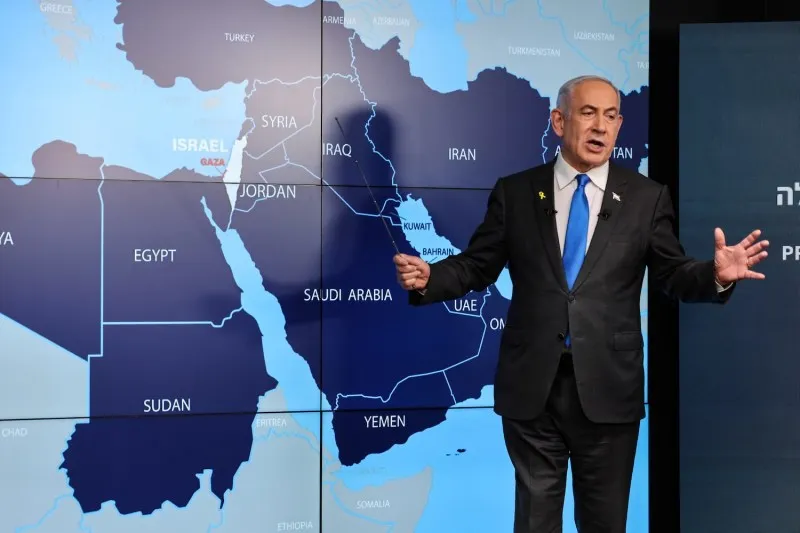As the Iran-Israel conflict intensifies, US Secretary of State Marco Rubio has issued a stern warning against Iran’s potential move to shut down the Strait of Hormuz, urging China to intervene and prevent the escalation.
Appearing on Fox News, Rubio emphasized the global economic fallout such a move would trigger, calling it “economic suicide” for Iran and a serious blow to global trade, especially in oil and gas.
Iran-Israel Conflict: What the Strait of Hormuz Crisis Means for India’s Oil Security
Strait of Hormuz: A Critical Global Energy Chokepoint
The Strait of Hormuz, located between Iran and Oman, is the only maritime gateway from the Persian Gulf to the open ocean. It’s one of the world’s most vital shipping routes for oil and natural gas:
- Handles 20% of the world’s daily oil consumption (about 20 million barrels per day)
- A key route for oil exports from Saudi Arabia, Iraq, Kuwait, and the UAE
- Major economic lifeline for Asia, including China, India, Japan, and South Korea
Any disruption here would send global oil prices soaring and disrupt energy markets worldwide.
Rubio: “This Would Hurt Other Countries More Than the US”
Speaking on Sunday Morning Futures with Maria Bartiromo, Rubio said:
“If they [Iran] do that, it will be another terrible mistake. It’s economic suicide for them. Other countries should be very concerned — it would hurt their economies worse than ours.”
He urged the Chinese government to dissuade Iran from taking such drastic steps, reminding Beijing that China relies heavily on oil that passes through the strait.
Iranian Parliament Approves Strait Closure Proposal
Iran’s Press TV reported that the Iranian parliament has approved the measure to block the Strait of Hormuz in retaliation to recent US airstrikes on Iran’s nuclear sites.
Key developments:
- US struck Iran’s Natanz, Fordow, and Isfahan nuclear sites
- Attacks involved 14 bunker-buster bombs, Tomahawk missiles, and over 125 aircraft
- Iran’s Supreme Leader’s representative, Hossein Shariatmadari, demanded retaliation, including banning Western vessels from the Strait
These developments mark a dangerous escalation in the regional conflict that began when Israel launched strikes on Iran on June 13.
Historical Context: Strait of Hormuz Tensions
The Strait has long been a flashpoint for Middle East tensions. Over the past decades, Iran has repeatedly threatened to close it amid rising conflict. Recent reports indicate attacks near the Strait targeting alternative oil routes have also increased, suggesting broader regional instability.
Global Economic Fallout: What’s at Stake?
If Iran closes the Strait:
- Oil prices could spike, triggering global inflation
- Energy supplies to Asia—especially India and China—would be severely impacted
- Global shipping and insurance costs would surge
- The US and allied navies may be forced to respond militarily, risking a broader war
Conclusion: A Global Call for De-escalation
The US has made it clear that closing the Strait of Hormuz would provoke a severe response. With nearly one-fifth of global oil trade at stake, any disruption could plunge the global economy into crisis.
As the situation unfolds, China’s role as a diplomatic bridge and India’s vulnerability as an energy-dependent nation make this more than just a regional standoff — it’s a global flashpoint that demands urgent de-escalation
Key Highlights:
- US urges China to stop Iran from closing the Strait of Hormuz
- Iran’s parliament approves closure measure after US nuclear site strikes
- Strait carries 20% of global oil—closure would have global consequences
- Economic fallout could hit Asia hardest, including China and India

